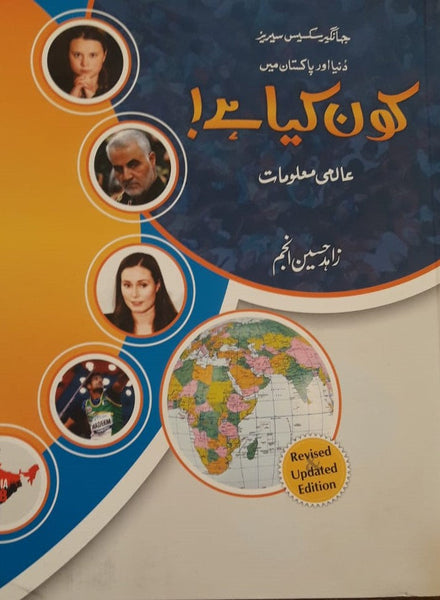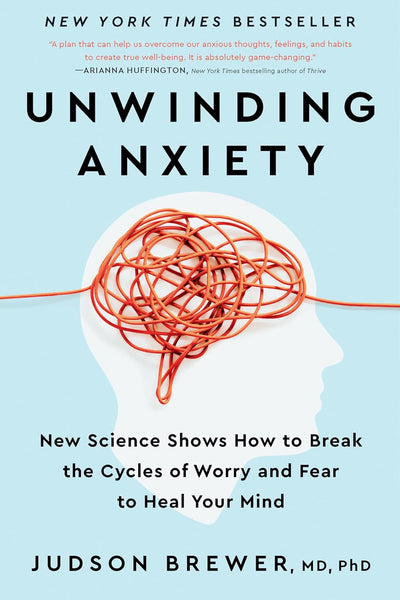In a world teeming with questions about existence, morality, and reality, philosophy emerges as the compass guiding our intellectual journeys. Philosophy encapsulates the pursuit of wisdom and understanding through critical analysis and contemplation. It delves into the fundamental nature of reality, knowledge, and existence, offering a lens through which we perceive the world and our place within it. From ancient Greece to contemporary times, philosophy has evolved, shaping societies, challenging beliefs, and fostering dialogue on the most profound questions of human existence.
1. Metaphysics: Exploring the nature of reality and existence, metaphysics delves into questions about the fundamental nature of being, space, time, and causality.
2. Epistemology: The study of knowledge itself, epistemology investigates how we acquire knowledge, the nature of truth, and the validity of beliefs and justification.
3. Ethics: Concerned with moral principles and values, ethics examines concepts such as right and wrong, virtue, justice, and the good life, guiding individual and societal behavior.
4. Logic: The study of reasoning and inference, logic evaluates arguments, identifies fallacies, and seeks to establish principles of valid reasoning.
5. Philosophy of Mind: Exploring the nature of consciousness, mental states, and the mind-body problem, this branch delves into questions about the relationship between the mind and the physical world.
6. Political Philosophy: Addressing questions about governance, justice, power, and rights, political philosophy scrutinizes the nature of political institutions and the principles underlying societal organization.
7. Aesthetics: Investigating the nature of beauty, art, and taste, aesthetics explores questions about the perception, creation, and appreciation of art and aesthetic experiences.
8. Philosophy of Science: Examining the methods, assumptions, and implications of scientific inquiry, this branch assesses the nature of scientific knowledge and its relationship with other forms of understanding.
9. Philosophy of Religion: Exploring religious beliefs, experiences, and concepts, philosophy of religion engages with questions about the existence of God, religious language, and the problem of evil.
10. Existentialism: Embracing themes of individuality, freedom, and authenticity, existentialism confronts the human condition, emphasizing personal responsibility and the search for meaning in a seemingly indifferent universe.
In conclusion, philosophy serves as a beacon of intellectual inquiry, illuminating the depths of human thought and enriching our understanding of ourselves and the world. Through its diverse branches and timeless questions, philosophy invites us to engage critically with the complexities of existence, inspiring wonder, curiosity, and reflection.












![Thinner Than Skin [Reading Classics] uzma aslam khan](https://cdn.shopify.com/s/files/1/0670/9611/7475/files/9789696401377_70x70.jpg?v=1738841544)












